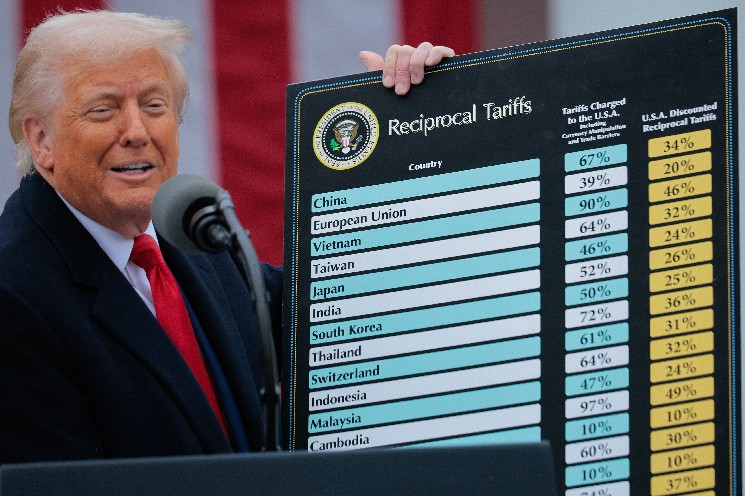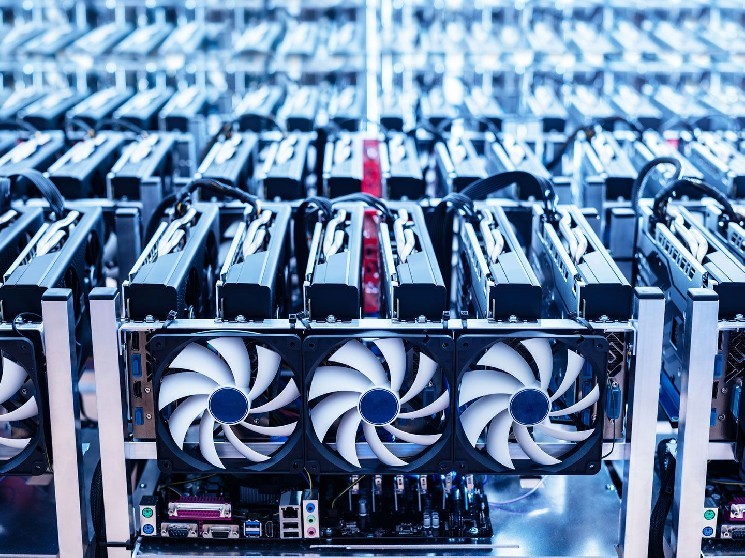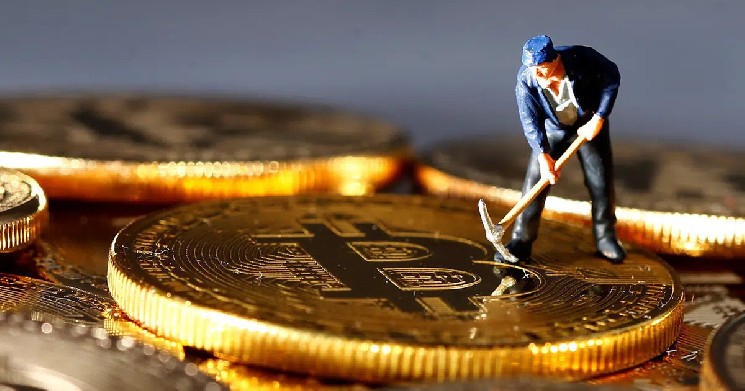How Bitcoin Miners Are Adapting to Tariff Threat: Blockspace

Bitcoin miners are struggling to adjust to global tariffs imposed by the Trump administration that could drive up prices for ASIC miners, electronics, network infrastructure and other components.
“It’s a complete mess,” Luxor COO Ethan Vera commented in a recent Mining Pod news roundup. “In terms of ASIC trading and brokerage, miners aren’t really active. They’re not necessarily ordering in advance and shipping to the U.S. … They’re just working a few days to make sure all the shipments from Southeast Asia are picked up and delivered.”
ASIC prices have fallen slightly over the past year, according to the ASIC Hashrate Index. A new-generation model like the S21 now costs miners around $3,400.
Leading companies, eager to fill ASIC orders before the tariffs set to go into effect April 9, have been booking charter flights at prices two to four times higher than normal, ranging from $2 million to $3.5 million per flight, according to estimates provided by Blockspace CEO Taras Kulik and Luxor's Vera.
But the initial panic was caused by outdated tariff proposals. Before Wednesday’s 90-day pause on all tariffs except China’s, the Trump administration had planned to impose comprehensive tariffs on more than 180 countries, including 24% on Malaysia, 36% on Thailand and 32% on Indonesia — three countries that primarily produce the ASIC miners that form the backbone of the cryptocurrency mining business.
After a 90-day grace period, the Trump administration intends to reduce the reciprocal tariffs to a flat rate of 10% for all affected countries. So all this fuss may be for naught. Or perhaps not—the administration’s trade policies are so volatile that it’s anyone’s guess whether the 10% rate will stick.
Even at 10%, the tariffs are high enough to make it difficult for the U.S. to deploy hashrate, which currently dominates with an estimated 35-40% of Bitcoin's hashrate. The tariffs are likely to slow Bitcoin's hashrate growth significantly this year compared to previous projections.
Blockspace estimates that US bitcoin miners imported more than $2.3 billion worth of ASIC miners last year and more than $860 million in the first quarter, starting with Malaysia, Thailand and Indonesia, the leading manufacturers of such devices.
Initially proposed reciprocal tariffs
Bitmain and MicroBT, which together control more than 90% of the ASIC miner market, have moved their production facilities outside of China to Malaysia, Thailand, and Indonesia in response to Trump’s Chinese tariffs during his first term. MicroBT opened an assembly plant in the U.S. in 2023, and Kulik said Bitmain launched its first U.S. assembly line in January. However, these factories represent only a small portion of each manufacturer’s total production.
Kulik noted that “production in the U.S. will be significantly more expensive” compared to imported equipment. However, they will still face tariffs on materials such as aluminum, electronic components for control boards, and so on. So ASICs made in America will still be more expensive than they were before the tariffs were imposed, especially if the proposed 125% tariff on Chinese goods remains in place.
Vera stressed that Chinese electrical components should be taxed at 50% or more (and could even be subject to a 125% tariff based on the Trump administration’s updated rates). This would affect everything from the price of ASIC miners to the electrical infrastructure at the mines themselves.
Since tariffs increase the cost of imported ASIC miners and other mining equipment, all else being equal, any existing U.S. facilities should become more valuable. However, U.S. miners looking to expand their operations may see acquiring facilities as an easier path than importing equipment. Accordingly, Kulik expects the tariffs to lead to M&A activity, explaining that “all of a sudden these miners that have old equipment that looks like zombies actually become interesting acquisition opportunities.”
'Big Blow' to US Bitcoin Mining Sector
Kulik noted that currently “no one is buying” on the secondary market, as everyone is waiting to see how events will develop.
In the medium term, the tariffs will certainly be a “significant blow” to the U.S. Bitcoin mining sector, which “will definitely lead to stagnation of growth in the industry if these tariffs remain in place,” Vera said.
“If you pay more for a machine than your competitor in Canada or Russia, you'll have a hard time competing with international miners.”
“Canada, from an economic perspective, is going to be a much more attractive place to do business. Corporate taxes are going to be lowered. Capital gains taxes are also going to be lowered. There are a lot of positives to Canada's economic growth, especially in the data center space,” Kulik added.
Mark Carney, the Liberal Party leader in the Canadian election, supports the development of Canada's data centre and energy industries. However, Canadian provinces such as Ontario and Quebec have imposed moratoriums on new applications for electricity
Source: cryptonews.net



